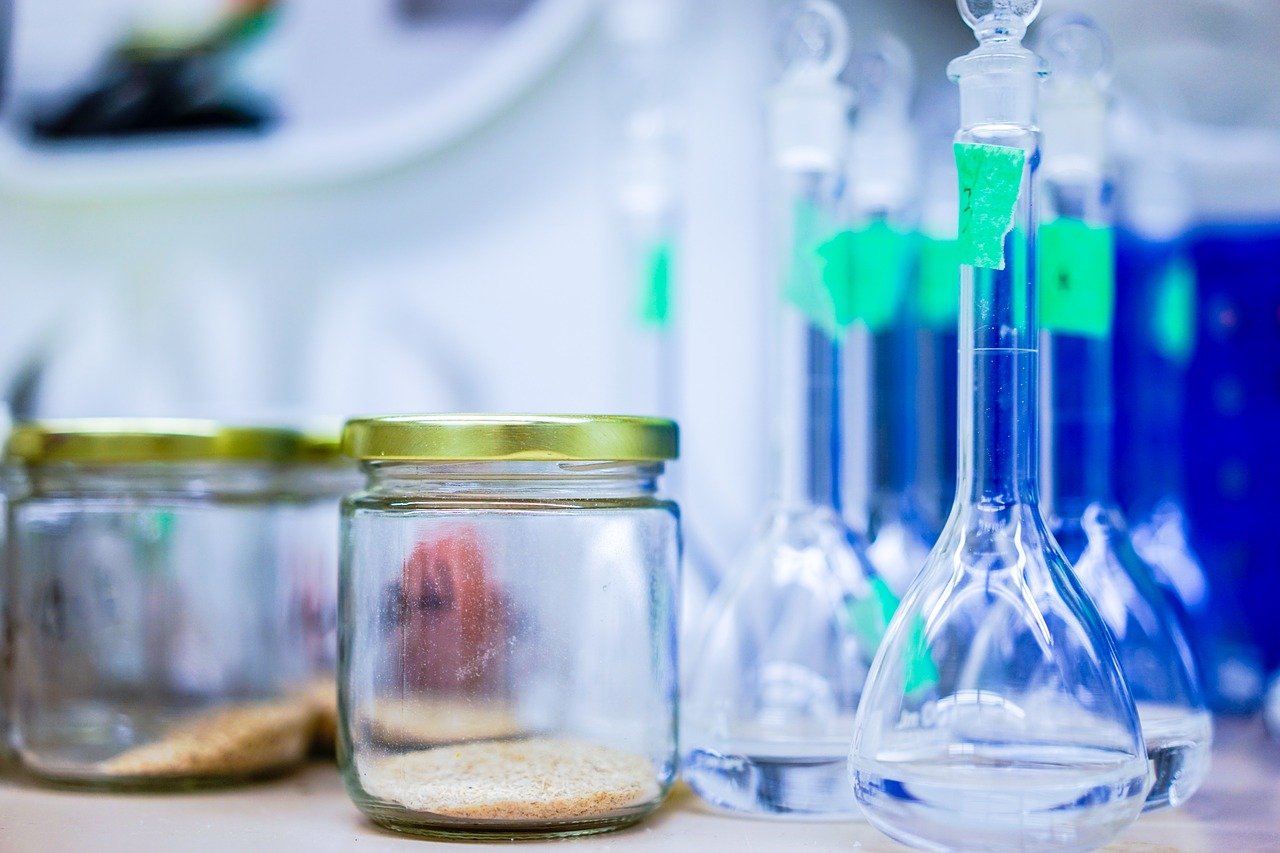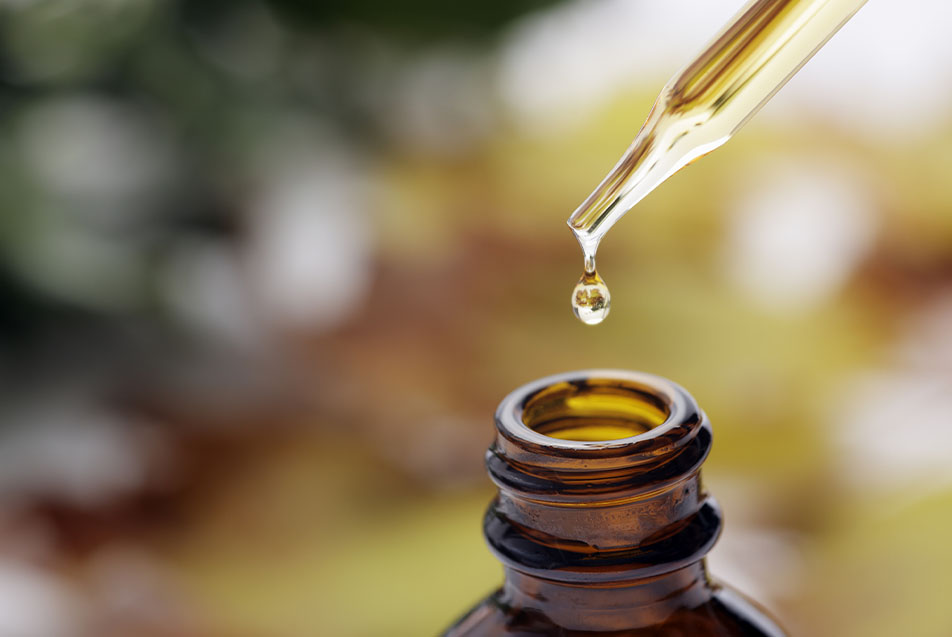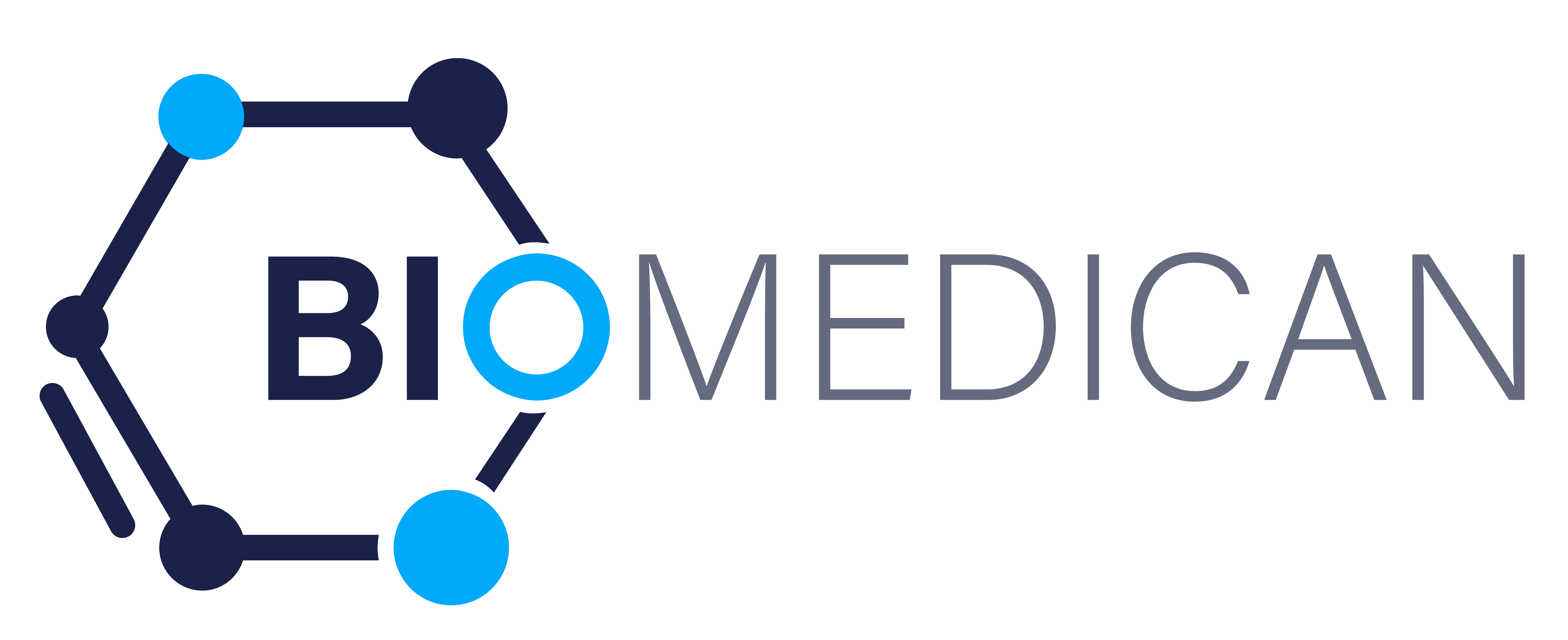What is THCV? Medical benefits and effects of Tetrahydrocannabivarin
What are THCV and THCVA?
Tetrahydrocannabivarin (THCV) is one of the 113 cannabinoids found within the cannabis plant and is a structural analog to its well-known counterpart, tetrahydrocannabinol (THC). THCV or Tetrahydrocannabivarin is a minor phytocannabinoid found in lower concentrations than the more common phytocannabinoids CBD and THC. Tetrahydrocannabivarin acid (THCVA) is the precursor of THCV.
How tetrahydrocannabivarin and its acid are made?
This minor cannabinoid THCV is also initially produced from tetrahydrocannabivarin acid (THCVA) like CBD and THC. The central precursor Cannabigerovarinic acid (CBGV), is converted into tetrahydrocannabivarin acid (THCVA), which then turns into THCV in the presence of heat or light.
The uses of THCV and THCVA
In medicine

The human body has the endocannabinoid system (ECS) for the maintenance of homeostasis. The endocannabinoid system comprises cannabinoid receptors, messenger molecules, and enzymes that maintain cellular regulatory balance. All cannabinoids bind their respective receptors in the ECS system to produce pharmacological action. CB1 and CB2 are two extensively studied cannabinoid receptors. THCV acts as a neutral CB1 antagonist / reverse agonist. It may also serve as an agonist or antagonist at the CB2 receptors depending on the dose.
Recent research found several potential health benefits associated with THCV. These benefits have increased the demand for THCV- products in the cannabis industry. A few prominent medical services of THCV includes
Obesity
According to a study, low THCV doses can suppress appetite by antagonizing the CB1 receptors. These findings suggested the potential use of THCV in the treatment of obesity. The study also confirmed that THCV has no risk of side effects- depression, anxiety, and insomnia- commonly associated with anti-obesity drugs. THCV defend against chemotherapy-induced nausea and vomiting by regulating the body’s GI reaction to chemical particles.
Diabetes
A study published in Diabetes Care suggested that CBD and THCV can help maintain tighter glycemic control in patients with type 2 diabetes. Research also found that moderate to high THCV doses ranging between 10 and 20 milligrams can regulate blood sugar levels and reduce insulin resistance.
Epilepsy
THCV possesses an anti-convulsant property that suggests its use to reduce seizures in epileptic patients. This minor cannabinoid is significantly reducing seizure incidences in an in vitro model induced with epileptic activity.
Parkinson’s Disease
Antioxidant property of THCV helps treat symptoms associated with Parkinson’s disease. THCV can also effectively delay neurodegeneration in Parkinson’s disease.
Schizophrenia
THCV acts on the endocannabinoid system, which ultimately results in enhanced serotonin receptors. Therefore, THCV can manage the negative, cognitive, and positive symptoms of schizophrenia.
Osteoporosis
Recent research found the benefit of THCV in osteoporosis and other bone disorders. THCV helps grow new bone cells and promotes bone growth.
Other areas

Like other cannabinoids, THCV poses antioxidant and anti-inflammatory property that helps THCV combat various skin disorders. These properties of THCV spurred interest by the nutraceutical, cosmetic, and pharmaceutical industries for use in multiple applications.
The legality of THCV
Cannabis production, cultivation, and handling/processing are still under stringent regulatory control at the federal level. However, several states have legalized the medical and recreational use of cannabis. Investors hope that the federal government will also legalize the medical and recreational use of marijuana sooner or later. Compared to some well-known cannabinoids, several rare cannabinoids, such as THCV, have much more potential efficacy without potential psychoactive active effects. Thus, the legalization of cannabinoids such as THCV at the federal level will potentially increase its medical demand causing a boom in stocks of cannabinoid-producing start-ups, such as Biomedican.
A little comparison of THCV and THC
THC is the primary psychoactive component of the cannabis plant. The medicinal properties of THC are due to its specific interaction with the endocannabinoid system (ECS), which is a central neuro-modulatory system in humans. ECS system regulates emotional responses, behavioral reactivity, and social interactions. THC produces psychoactive effects by activating the CB1 cannabinoid receptors in the brain that control memory, emotions, and movement.
THC can be used in the management of depression, Parkinson’s disease, Alzheimer’s disease, resistant childhood seizures, chronic pain, multiple sclerosis, convulsions, glaucoma, neuropathic pain, and a variety of other condition.
THCV is a naturally occurring structural analog of THC. Unlike THC, THCV produces an entirely different buzz. THCV is non-psychoactive. While THC acts by activating CB1 and CB2 receptors, THCV acts as a neutral CB1 antagonist / reverse agonist. THCV may act as an agonist or antagonist at the CB2 receptors depending on the dose.
THCV is predicted to be a compound that prevents the psychological effects of THC by acting as an antagonist. However, the exact mechanism by which THCV antagonizes the effect of THC is still unknown.
Why biosynthesis from yeast from Biomedican is the best way to produce THCV?
Rare cannabinoids, such as THCV/THCVA, exist in minimal quantities in cannabis plants. Therefore, their extraction and purification can be inefficient, costly, and environmentally taxing. THCV/THCVA are extracted from cannabis, which requires significant regulatory oversight and can produce inconsistent yields prone to contamination from pests, mold, and pesticides. As a result, the chemical synthesis of THCV/THCVA has become the leading production method.
What kind of business will need THCV and THCVA?
Cosmetics and pharmaceutical industries are now looking at cannabinoid producers to fulfill the increasing demand for cannabinoid products. A therapeutic avenue that has been of interest to the cosmetic, orthopedic pharmaceutical industries is the effect of THCV on musculoskeletal wellness and the neuromuscular system.
However, chemical synthesis produces artificial forms of THCV/THCVA, which can have undesirable side effects.
The production of THCV/THCVA through biosynthesis, on the other hand, offers a way to reduce the environmental footprint, decrease the time of production, circumvent regulatory oversight, and produce high-quality cannabinoids. Biosynthesis, a process that has been used for several years in multiple industries, revolutionizes the production of cannabinoids by reducing the cost of their production by 70-90%.
Biomedican uses a unique proprietary yeast, which undergoes the natural metabolic process of fermentation, to produce THCV/THCVA that is identical to its counterparts in nature. The advantage of this natural process is that it is 100% pure, reliable, and does not come with the undesirable side effects of chemical synthesis.
The benefits of investing in this industry
Biomedican is experiencing explosive growth in one of the fastest-growing markets in the world today: cannabinoids. Biomedican research and production strategies are continuously improving. Our intellectual property portfolio keeps growing as we aim to streamline the production pipeline of pure and consistent compounds that are in high demand across many regions in the U.S. and Canada.
Our proprietary technology can revolutionize the cannabinoid supply chain and directly feed into several markets where cannabinoids such as THCV are in high demand. As the production of cannabinoids through biosynthesis is significantly quicker than traditional methods, investors can expect a faster return on investments.




